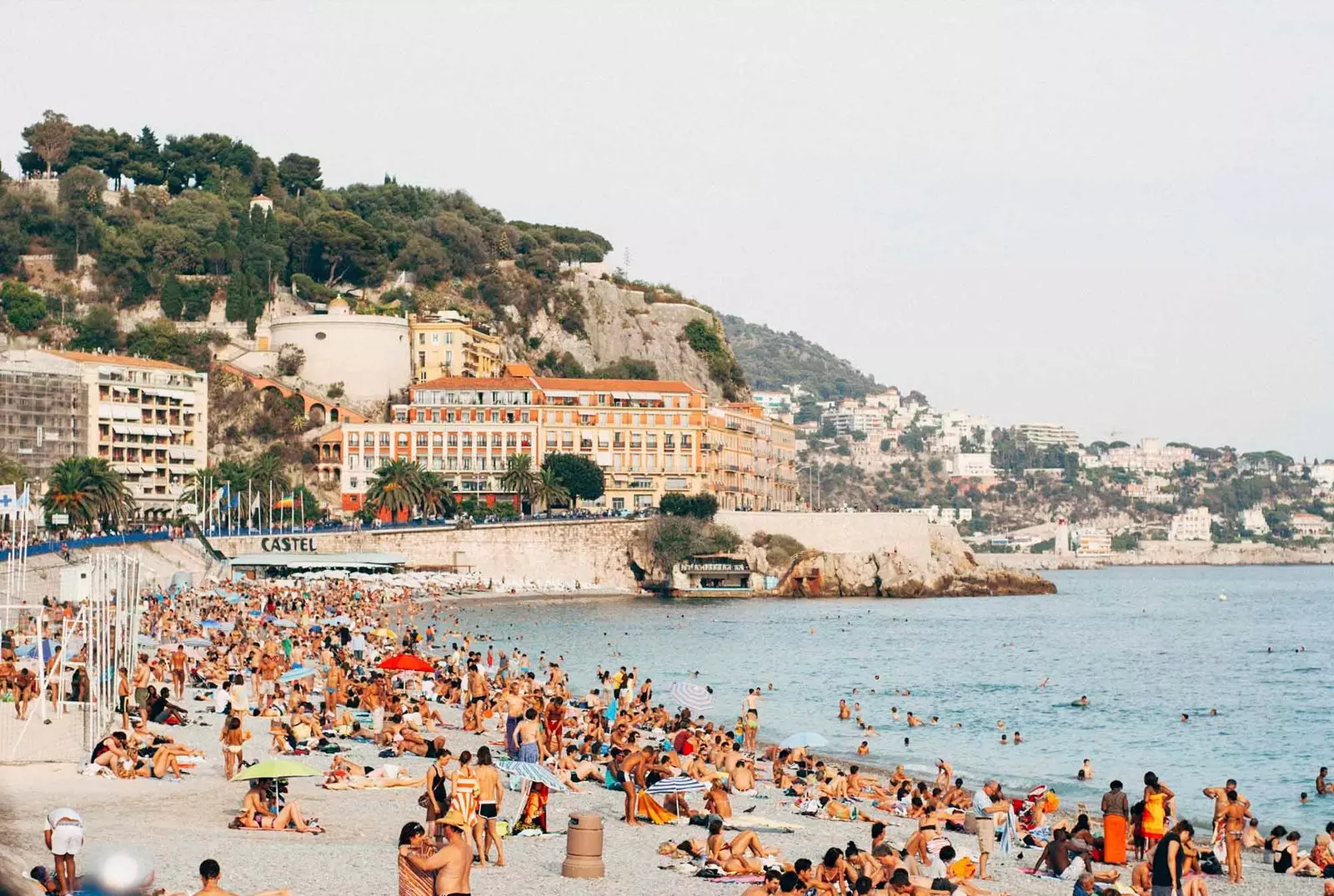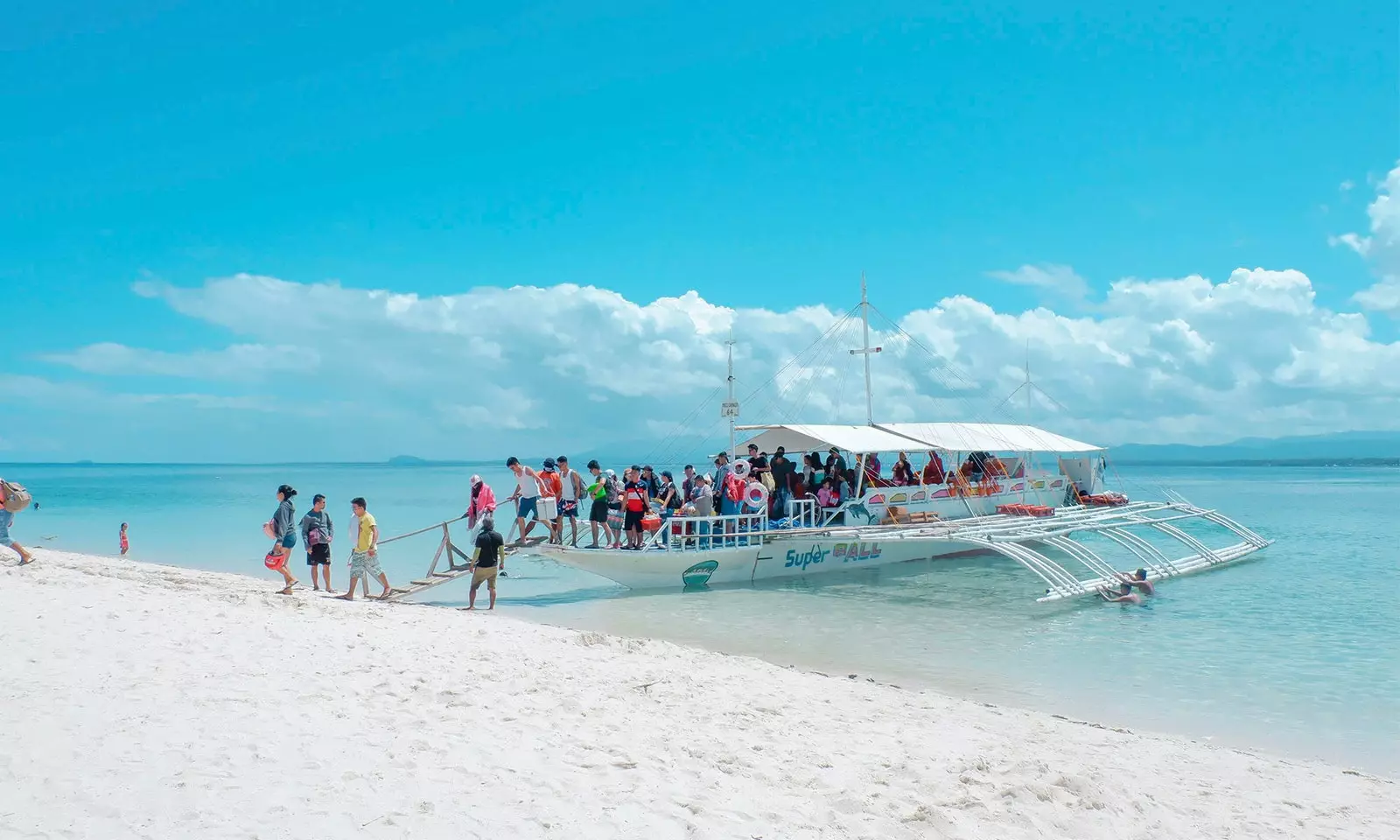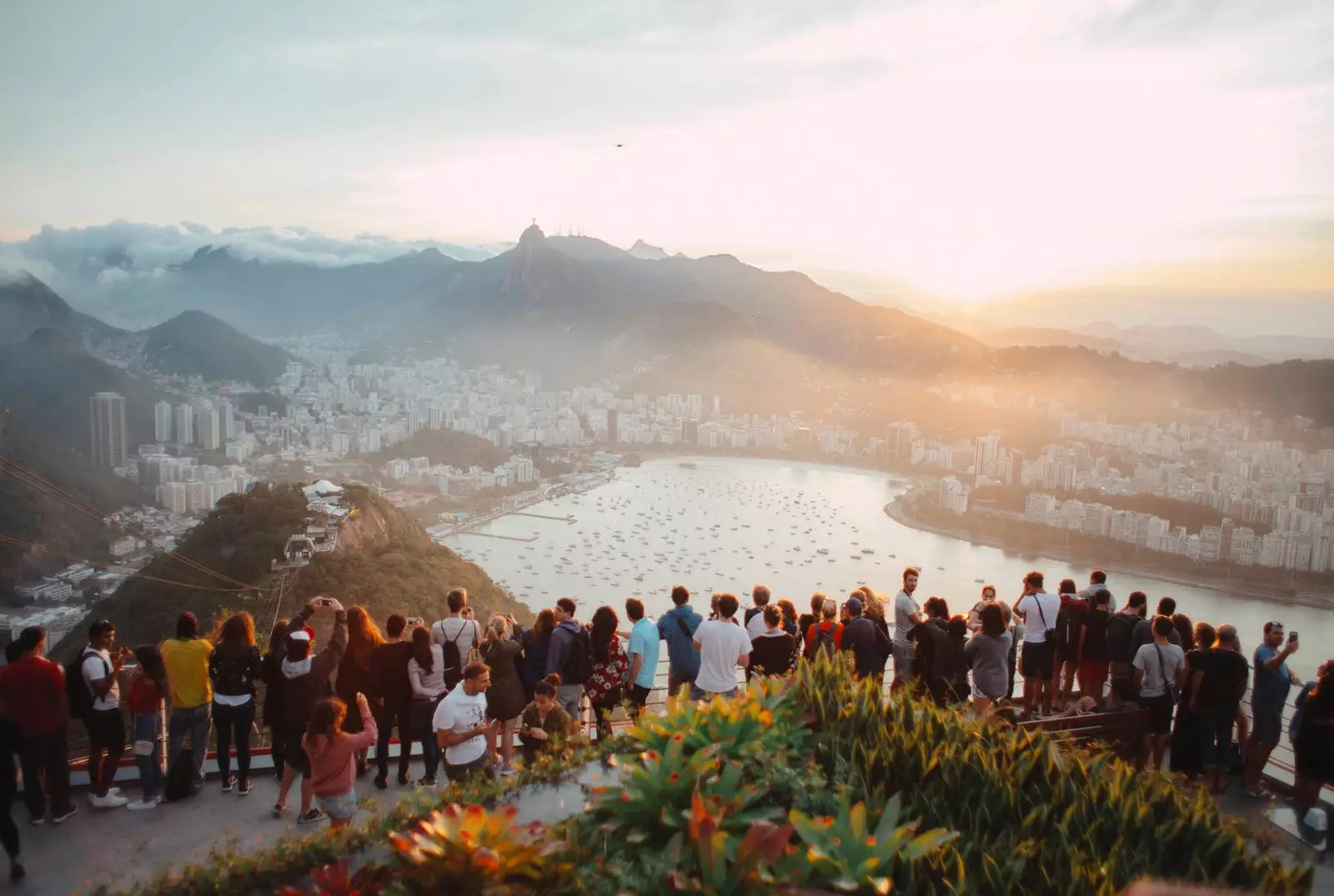
Mass tourism has harmful consequences for cities
Until a little over a month ago, the headlines related to the overtourism , that is, with the problems derived from the massive arrival of travelers to certain destinations. There was talk, for example, of the lack of affordable housing in cities like Seville; of the possible destruction of world-famous monuments due to the high number of visits they receive; of the foreseeable disappearance of Venice, and not precisely because of the high tide.
Today, however, these destinations, like many others also in danger, are experiencing a strange truce due to the mobility restrictions implemented as a result of the coronavirus crisis. But, as is the extraordinary recovery of nature during these days, it is to be feared that everything will return to "normal" as soon as the borders are reopened. Could this crisis be the right time to rethink the mass tourism model and avoid its most dangerous consequences? We spoke about this with Pedro Bravo, journalist and author of Excess Baggage: Why tourism is a great invention until it ceases to be, as well as with José Mansilla and Claudio Milano, who have published the volume Holiday City: Urban Conflicts in tourist spaces.
"Initially, it does seem like a good time to consider this question," explains Mansilla, a professor, along with Milano, at Ostelea, Tourism Management School. "There are many factors that are now on the table that were not before. First, the restrictive measures by the authorities, such as physical distance, which will prevent crowding people, at least for a while. Catering establishments are already thinking about how to adapt to these circumstances, for example, expanding lobbies in the case of hotels, or eliminating tables and chairs to reduce the concentration of people in the case of restaurants."
"Therefore, the tourism that is expected for the remainder of the year, as far as possible, will be tourism less concentrated and with less capacity to generate dynamics of overcrowding . What we don't know is how everything will go for next year: I believe that the corporate tourism sector is almost in a hurry to return to the overcrowding in which we were immersed before, so that, if measures are not established abounding in questions of sustainability, yes it is likely that we will return to a situation as before If not in a year, maybe in two."
THE NEED TO DIVERSIFY THE ECONOMY
Milano, for his part, considers that this crisis - in which, like other previous ones, caused by terrorism or natural disasters, "the first affected has been international mobility" -, has revealed one of the biggest problems of saturation tourism of certain places: its strong dependence on that industry . "We have to use this moment to change the tourism growth model, to modify what we would call the 'tourism monoculture', diversifying the economy of the most saturated destinations," he details.

Several natural enclaves in Southeast Asia are in danger due to mass tourism
Bravo also focuses on this issue: "Rather than proposing measures around excessive tourism, what I think is that it is a good time to rethink production models . Spain is a country dedicated to the service sector (eight out of ten jobs belong to this sector) in which tourism, until now, accounted for around 15% of GDP. It is, therefore, an energy-dependent country, without an industrial fabric, with business property in international hands and so little productive capacity that it has not been able to make masks or tests for this coronavirus crisis.
"What has come to the surface with this issue is something that was obvious, but we refused to see: that our economy is going to suffer very hard, that a lot of jobs are going to be destroyed and that such a large bet on a single sector is very dangerous and makes you especially fragile . With nuances, something similar is happening in Europe, the main destination for international arrivals (713 of 1,400 million in 2019; almost 84 million in Spain). We have demoralized production, we have lost industries, we have decided that life was always going to be global and it seems that life has told us that, anyway, no . If we intend to play tourism as the main card of our economy, no one can say that they were not warned", considers the journalist.
Mansilla, for his part, is also committed to proposing "how we can ensure that, for example, in the case of large cities such as Barcelona or Venice, which are experiencing this overcrowding, they find alternative ways of economic production that prevent all the eggs in the same basket and end up giving as a result situations like the ones we are experiencing today, in which around 14% of Barcelona's GDP is linked to tourism and, if it is not started, there many people who are going to stay on the street".
Thus, the answer, in his opinion, is also to adopt economic diversification measures, without neglecting "the decommodification of some aspects of the current tourism model , such as, for example, public space itself, which had reached, in the city of Barcelona, high limits of privatization as a result of what is called the process of ' terracing '. that is, from the excess of terraces in certain areas".

The crisis has highlighted the need for economic diversification in certain territories
CHANGES MUST BE POLITICAL
"These changes must be political and not so much technical", Milano points out. "We cannot think that technological solutions, such as smart cities, or measures that have to do with decentralization, deseasonalization, or decongestion of the destination, can solve the problem", explains the author, which warns of another difficulty: " The problem is that we have measured tourism success, for a long time, from the arrival of visitors and the benefits . We cannot think that these are the only magnitudes to know the success of the sector in a certain destination", warns the professor.
Likewise, Milano adds one last challenge that has also come to light in these circumstances, and that has to do with the characteristics of tourism employment: "Many workers are now in an emergency situation, aggravated by the precariousness and inequality of gender specific to the sector.Furthermore, on many occasions, it is about work that is not regularized , which means that these employees cannot even receive government aid," he says.
For all these reasons, both professors agree that it is interesting to inform us about the destinations to visit and their tourist congestion, but that the responsibility of perpetuating or not the dynamics of overtourism should not fall on the citizens, but on the political power . "I think it is much more interesting to activate production regulation from a political point of view, that is, not from the point of view of citizen demand: what must be proposed are measures to control the generation of supply , such as, for example, limitations on the number of hotel rooms, advertising campaigns and the privatization of public space".
Bravo, for his part, does not dare to make too many predictions, since he does not know "what the world will be like later". "In general, in everything we do we should be aware of what lies behind our consumption decisions, which are economic decisions. And be careful not to annoy anything or anyone : look at working conditions, right to housing, protection of the environment, etc. "
"Although, after all, life will most likely get complicated and we won't be able to indulge ourselves. I suspect that, in the next few years, most people around the world will be more concerned with surviving than traveling . And it is possible that politics also makes it difficult: there may be an anti-globalization reaction that puts obstacles at borders. As I say, it is difficult to know how things will be later, but I'm sure they won't be like before".
